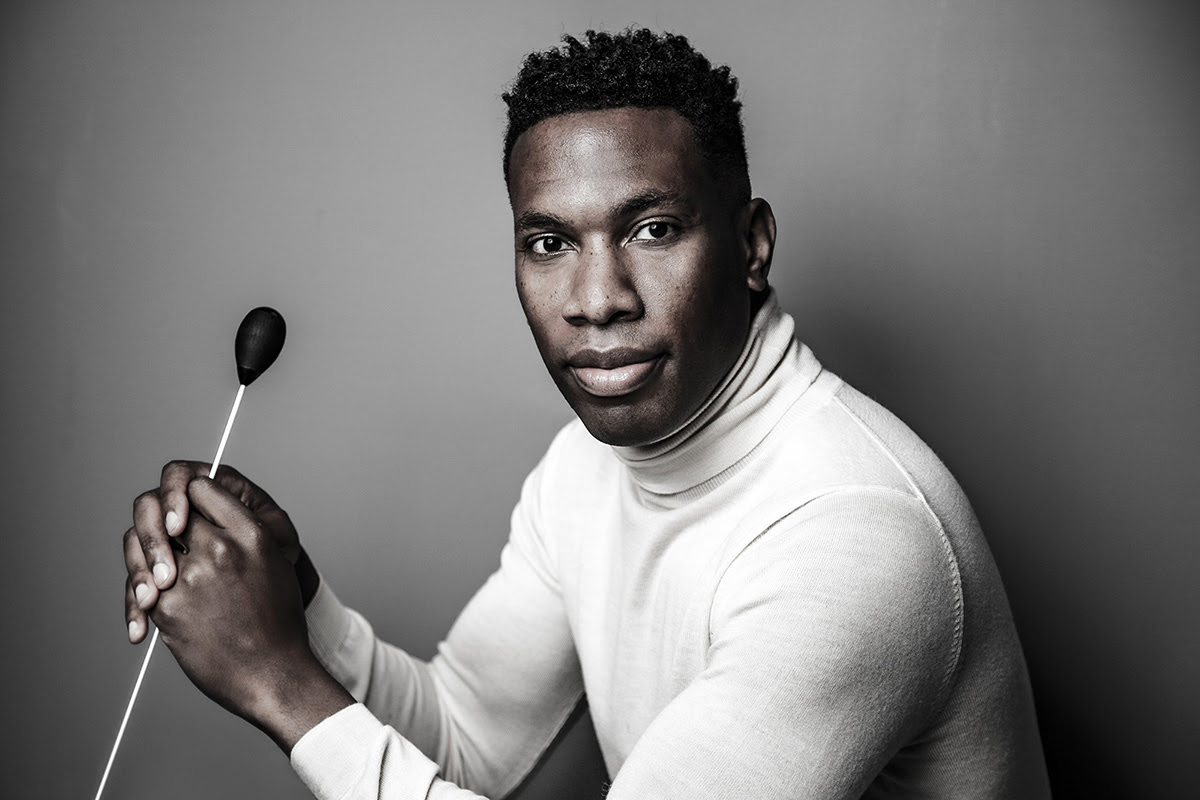Controversial opera site shuts down
mainThree months ago we shared a video from a Youtube site called This Is Opera.
The video purported to show alleged deficiencies in the conducting technique and vocal expertise of the Met music director Yannick Nézet-Séguin. We thought it was worth discussing and so – apparently – did you, with 149 comments on the original post.
Within about 48 hours, the video was taken down. No reason was given.
Now the site itself has shut down.
Here’s what they say:
We know nothing more than what is stated here.





The world is a slightly kinder place today.
I don’t know whether this is one of the reasons TiO! shut down, but there’s another YouTube guy who calls himself “Mister Opera”, who ridiculed TiO mercilessly and taunted them very harshly. He also showed that most of TiO’s recorded examples of strong-sounding old-school singers often sound stronger than they were, because (mostly) of distortion in the microphones. He demonstrated this by artificially introducing distortion into the high notes and loud notes of a recording of his own singing, and sure enough, it makes his small-to-medium voice sound as if it were overwhelming the microphone’s recording capacity.
Now, I agree with TiO that modern technology has been harmful to opera, because it enables small-voiced singers to create the illusion of vocal heft by using differential miking to amplify their voices so that they sound larger than the orchestra and than the secondary singers, and by using digital manipulations to correct glitches and to construct perfect-sounding recordings by splicing together error-free bits of different takes. It’s hard to deny that we have Papageno-sized singers trying to sing Hans Sachs, the Dutchman, and Iago, and we have Despina-sized sopraninos trying to sing Lady Macbeth, and sometimes getting away with it. But TiO overstated his case, usually in very condescending fashion, and he wronged some great contemporary singers by showing clips of them in their dotage. (He did this to Matti Salminen, one of the few singers who in his prime was every bit as great as any of the old-schoolers.)
I haven’t seen either of the websites mentioned, so I’m just addressing your comments, ThrownOutOfTheKremlinForSinging.
I agree with you up to a point, but I think good singing is good singing, microphone placement or not.
A famous example is the great Margaret Price singing Isolde. Sure, she may not have been able to sing it “live”, but on record she is my favorite Isolde, actually sounding as youthful as the character was, and singing throughout with a gorgeous pure voice. I would not like to be deprived of her Isolde.
No, the decline in singing, IMHO, was due to four things.
1) The absence of proper vocal training. The long-term many-year teaching and coaching methods of the past seem to have disappeared, to be replaced by a couple of years of solfege and repertoire-learning. Then it’s off to the races.
2) The absence of the slow maturation of voices which was achieved by singing small roles in small houses until vocal solidity, confidence, and experience was gained. Now if your’e young and attractive you’re grabbed right out of the conservatory and suddenly thrust into the Big Leagues.
3) Jet-setting (or airplane-setting, prior to the jet engine). Singers fly from one gig to the next all over the world, which does not give the voice a chance to rest and refresh, like the old ocean voyages did. (Sea air is good for the voice; airplane air is dry and horrible.) It used to be that you would sing the European season, most often in only one or two opera houses, then take a nice three-week cruise to the New World for its season(-s). I’d like to imagine how Callas’ voice would have sounded over the course of her career had she been denied the use of air travel.
4) The singing of too many roles which are not suitable to the particular voice. The tragedies of Tagliavini and DiStefano are prime examples of this. They were superb lyric tenors whose egos made them sing the roles of the tenore di forza. Their gorgeous voices were, over a very short period of time, ruined. Schipa, on the other hand, stuck to his suitable roles, and sang beautifully for decades.
The site chose to humilate embarrass, ridicule, and mock singers. Good riddance.
“The world is a slightly kinder place today.” And yet, less wrong opinions, more power to those in power.
Good riddance !
I’m sure when they return, they will make their point in a much kinder way. Then you will be able to discuss their actual arguments, rather than their presentation. I am looking forward to it, as they do seem to have a valid point, which will not go away, even if they do.
TiO talked about a lot more than the size of singers voices, and a lot of their content that was educational, enlightening and thought provoking. Of course not all their criticisms were fair and their points arguable, but I am so deeply sick of people vilifying anyone who dares to say anything negative about famous artists.This goes far beyond this particular story. So many in the SD comments state their praise as if it were inarguable fact: “So and so’s Mahler 9 is truly amazing. XXX is a stellar pianist and artist,” etc and they attack anyone who ventures a negative opinion. The negative people are not the ones killing music; those of you who insist that everything is incredible and that anyone who disagrees is jealous, mean or petty are. Your intolerance of criticism is toxic to the art. No one is damaged by hearing a negative opinion. It causes us to evaluate our beliefs, and if we disagree, to better understand why we disagree. This is how art improves. Real musicians are not afraid of criticism: we are our own worst critics, and continually striving to improve. We do not fall apart on hearing a negative opinion. Heifetz in fact credits the first person who dared to give him a negative review for saving him from a path of wasting his talent. When only praise is allowed, distinctions between artists become only superficial and the art dies. TiO made me think about my beliefs, and even when I disagreed I was grateful for that. This is an industry wide problem; even many critics these days are reduced to glorified cheerleaders for their local bands or causes, and the bland incessant praise becomes meaningless. If you personally love a performer or performance, great- enjoy it- but if you can’t enumerate the specifics of why, don’t dismiss or shame someone who can explain the reasons they don’t like something. (and yes I do of course recognize that some people are in fact actually being jerks or trolls, but thoughtful negative opinion is generally lumped with them simply because it is negative)
So we’ll said thank you! I LOVED TIO…and I’m an opera singer myself and a good one if I may say so! Even at my experience level I found myself learning so much from TIO! will be greatly missed! And I won’t miss Séguin when he’s finally out of the Met! He is just not a singer’s conductor and has no business telling singers how to sing! ✌️ peace ☮️
I had no idea about the mechanics of singing opera (i’m no musician), and used to watch their videos. When Tio mentioned a name in their current video, it is how I discovered a few days ago the videos of a practician who fights back (https://www.youtube.com/user/pcastagner/videos ).
Now I doubt very much the supremacy of the “opera electric” promoted by the group . https://www.youtube.com/watch?v=EnaDxstxQ-g